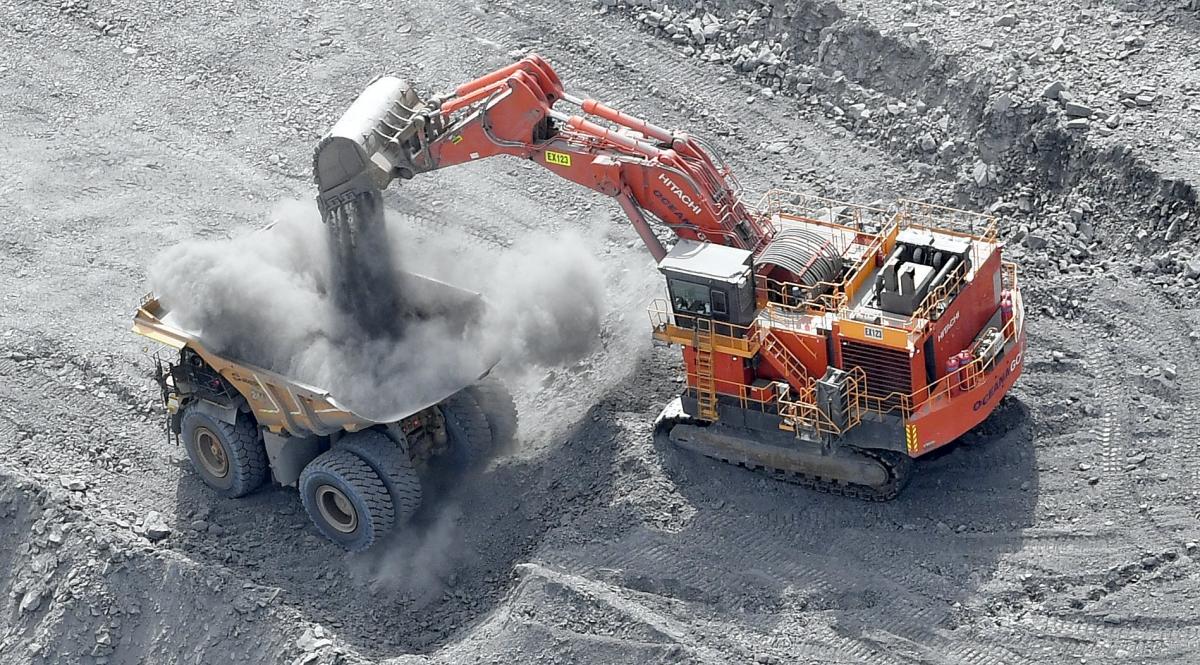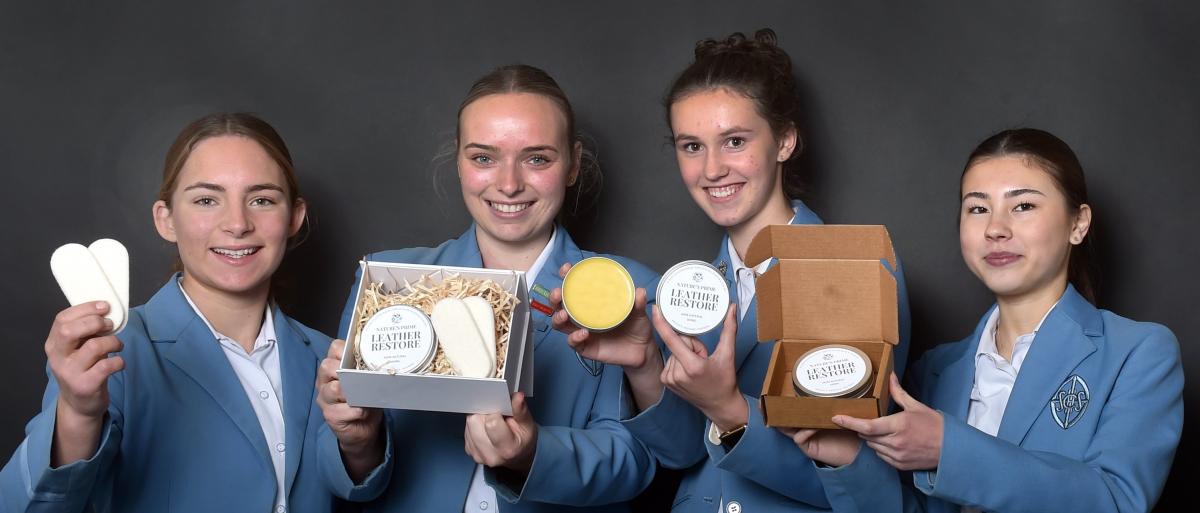Porirua iwi Ngāti Toa Rangatira continues to expand its footprint across the wider Wellington region, recently purchasing land at a further 27 public schools in the area.
It now owns the ground leases at 67 schools in total and remains the Ministry of Education’s biggest landlord.
But it won’t receive a cent from these investments for another 20 years while it pays off hundreds of millions in debt.
“Once those investors are paid back at no risk to us and no cost to us, Ngāti Toa will receive hundreds of millions of dollars every year in perpetuity, passive, for doing nothing, other than get our whenua back,” said Te Rūnanga o Toa Rangatira Chief Executive, Helmut Modlik.
“We’ve created an endowment for passive revenue that’ll just grow.”
The purchases were secured through the acquisition of deferred selection property rights in its 2014 treaty settlement.
Those rights allow iwi to purchase Crown-owned land within a certain timeframe on the condition that it leases the land back to the Crown.
“We got quite a large portfolio of deferred selection property rights in the settlement, it’s something like one and a half billion dollars worth of properties, and a 10 year window was placed on that,” said Modlik.
The $70 million treaty settlement had been transformational, he said.
Iwi continues to widen its influence across the wider Wellington region and is the Ministry of Education’s biggest landlord. (Source: 1News)
“Like everyone else, pre-settlement, we’re selling hāngis, raffles, you know know? No clown pays attention to anything you’ve got to say.
“Have things changed? Yeah. Because, I’m telling you, no one does anything in Porirua without speaking to Ngāti Toa.”
Ngāti Toa has nearly tripled its assets to $794 million since 2021.
And it’s unique governance structure allows the iwi to distribute far more resources than other tribes to address the needs of the current generation, said Modlik.
“Most of the other iwi, in terms of their post settlement journey, have organised themselves into a commercial arm and an iwi, cultural, social arm.
“As far as I can tell, their commercial arms are investing in whatever they think is going to generate returns. What the literature tells us is over the long term, that can only can be expected to produce 8 or 9%.
“Those commercial arms are then expected to pay a dividend, out of that 8 or 9%, back to the iwi to close the gaps on all of their social and economic inequilities. That’s never going to be enough.”
Ngāti Toa has a trust that holds its settlement assets, but it doesn’t have a separate governance executive, he said.
“We only have one board, one executive team and one operations.
“That has enabled us, efficiently, to pursue the strategy of achieving our enhanced prosperity, wellbeing and mana by deploying all of our resources directly into creating the future we want to see.”
Last year, Ngāti Toa distributed more than $400,000 in educational, sporting and marae grants to its members.
It also offers a range of cultural, educational and work programmes.
Education and employment general manager Bianca Elkington said the tribe’s career-development centre Te Hoe Akau had changed lives.
“We see young people who have gone through an interview process for the very first time and have come out feeling alive, to the nanny who has changed jobs because her industry is no longer operating in the same way, to people who have been incarcerated for long periods of time, and wanting to turn their lives around.”
Mahi Toa, the iwi’s trade and training programme, also supports its people into apprenticeships.
Josie Teniteni-Smeaton recently completed the programme and is now a qualified electrician.
“They bought all the apprentices new tools, which is great when you’re on an apprentice wage because you do have to buy your own tools,” she said.
“And if you need help, in terms of paper work, you can get someone to help you.”
That pastoral care was crucial, said Elkington.
“We know the road will be bumpy at times, and when they don’t have anyone to reach out to that’s not their employer, that can be hard and you see people dropping off.”
It made all the difference in Josey’s journey.
“When it’s hot, and you’re crawling through the ceiling, sometimes you’re like, I should’ve gone to uni.”
But Ngāti Toa doesn’t just look after its own.
It’s health organisation, Ora Toa, provides primary health services throughout the Wellington and Porirua region.
Its medical centres see around 18,000 patients and just over a thousand are registered members of Ngāti Toa.
The iwi also opened a social supermarket last year for Porirua’s most vulnerable.
“When I first started my job, my cousin Taku Parai said to me, remember cuz, when manuhiri (visitors) come to Takapūwāhia, they don’t get a cold cuppa tea and a gingernut,” said Modlik.










